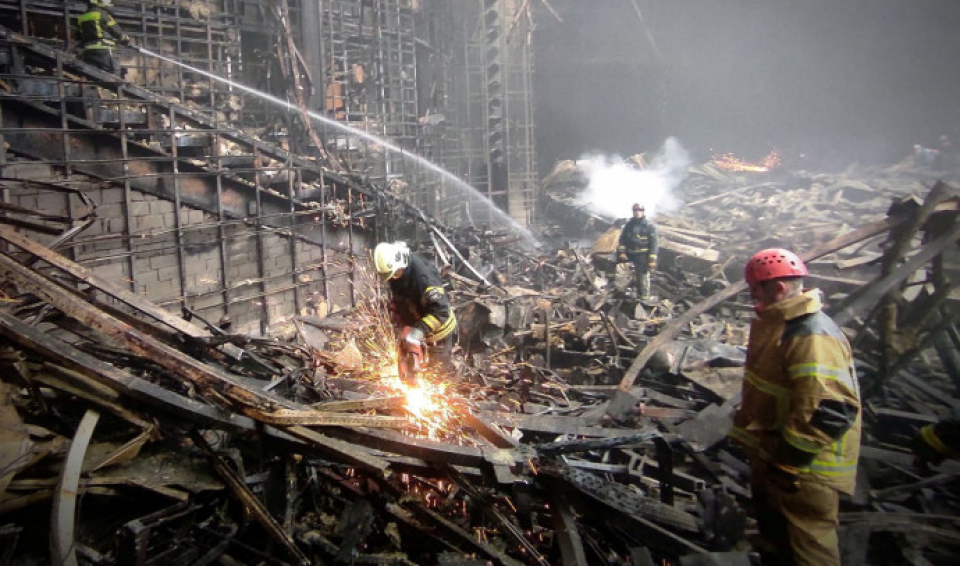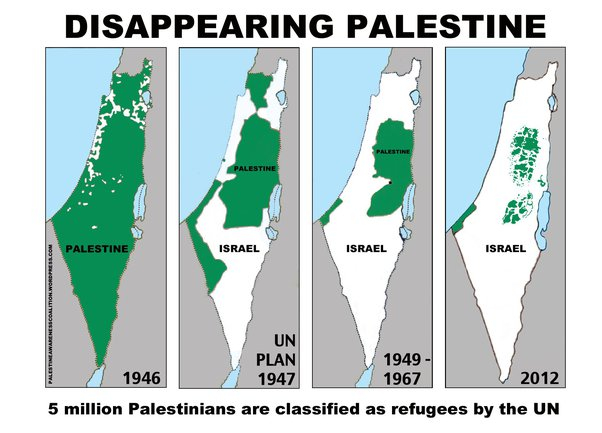Russia has expressed skepticism regarding Daesh's purported involvement in the recent deadly attack on a concert hall in Moscow. The assault, which claimed the lives of at least 143 individuals, prompted Russian officials to attribute blame to Ukraine and its Western supporters.
Speaking out on Wednesday, Russian Foreign Ministry spokeswoman Maria Zakharova questioned the validity of Daesh's alleged claim of responsibility. Zakharova suggested that the sudden emergence of this narrative aimed to deflect suspicion away from Western entities, with Anglo-Saxon media swiftly amplifying these assertions.
Additionally, Alexander Bortnikov, the head of Russia's internal intelligence agency (FSB), implied potential involvement not only from Ukraine but also from the United States and Britain in orchestrating the attack. The FSB further alleged that the attackers had intentions of seeking refuge in Ukraine, where they would be hailed as "heroes," and accused Western intelligence services of aiding them.
Russian President Vladimir Putin echoed these sentiments, insinuating that Ukraine may have had motives for facilitating the assault. Putin highlighted suspicions that individuals within Ukraine had facilitated the escape of the gunmen across the border before their apprehension in western Russia.
Amidst these allegations and counterclaims, doubts linger regarding the true perpetrators behind the Moscow concert hall attack, underscoring the complexity and geopolitical tensions surrounding the incident.

















